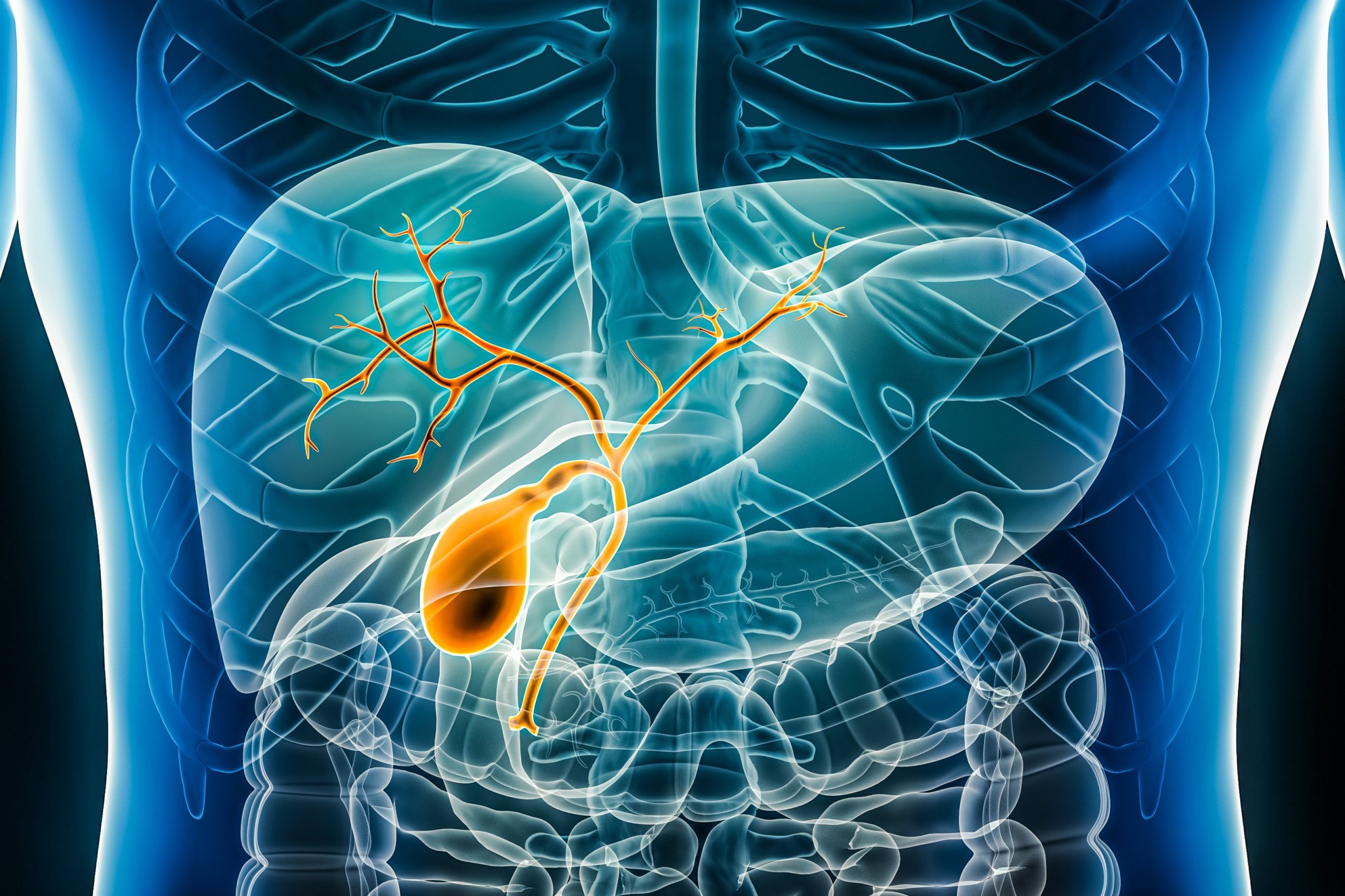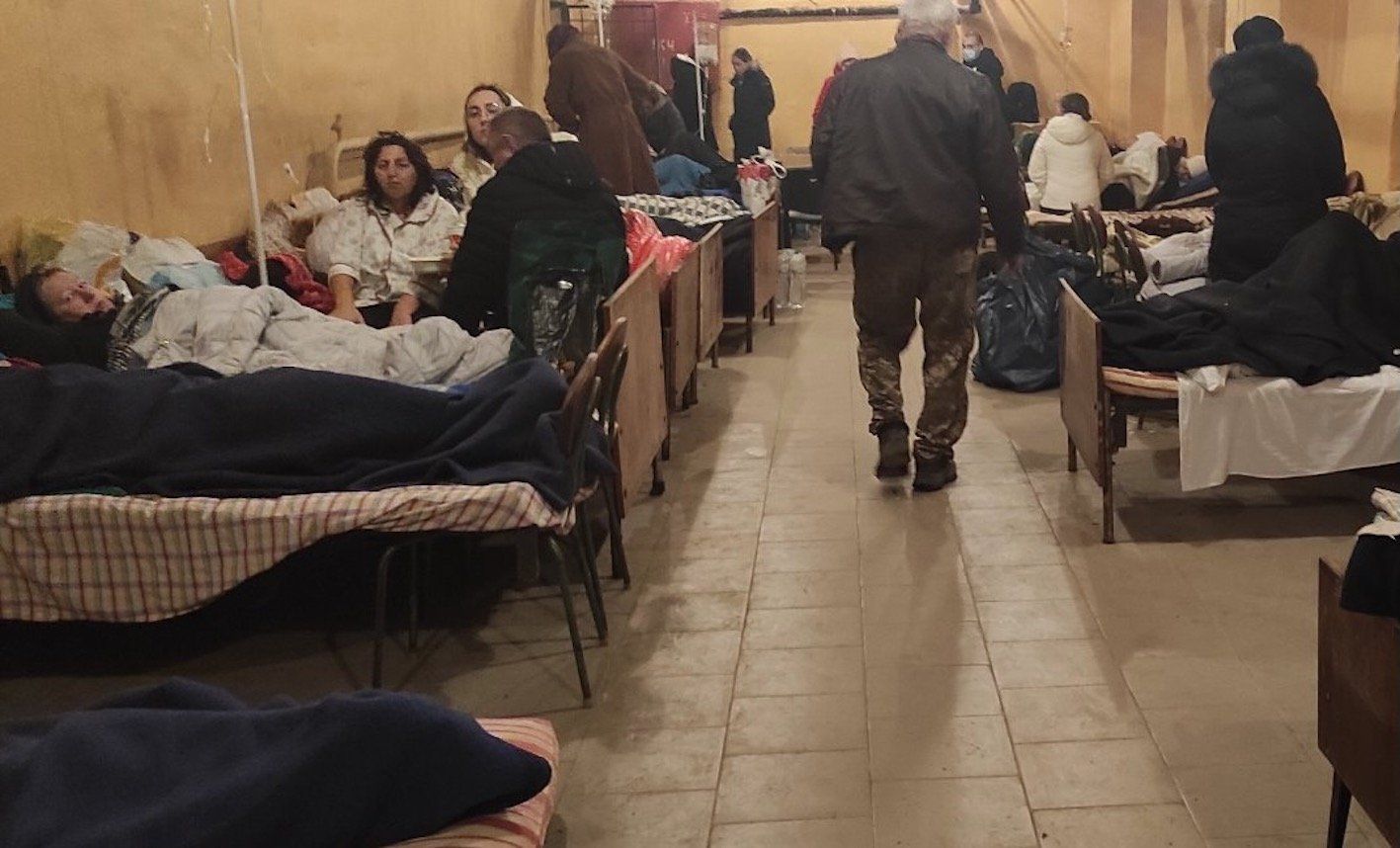
MONDAY, June 12, 2023 (American Heart Association News) — Not long after the snow started falling on a Friday morning in January, Ethan Rutherford went door-to-door in his Wooster, Ohio, neighborhood and offered to shovel snow for the neighbors. The teenager cleared several driveways and sidewalks before returning home. The snowstorm continued, dumping more than… read on > read on >






























